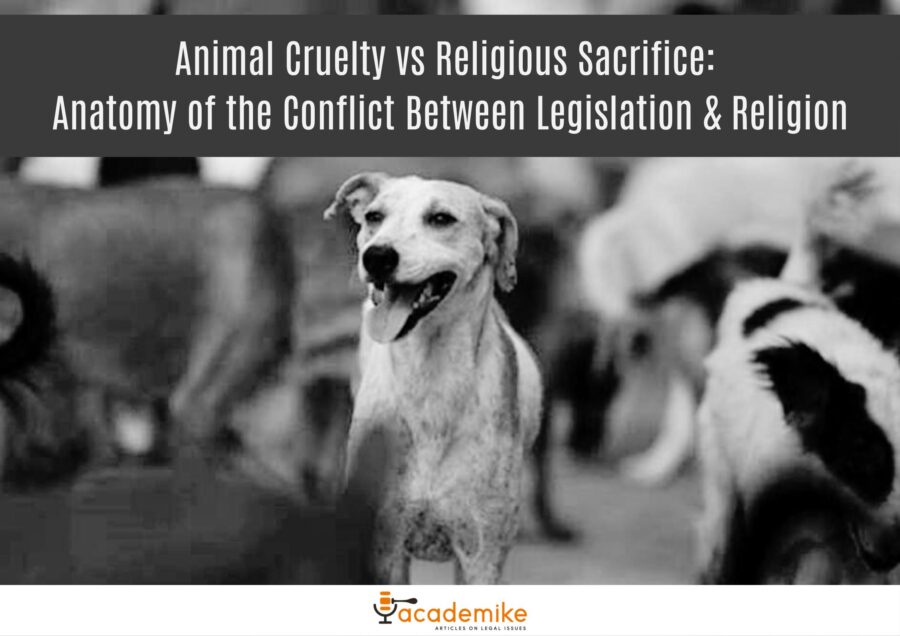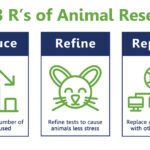The act of killing an animal has been a contentious issue across various cultures and religions throughout history. The ethical underpinnings of this act are deeply rooted in religious beliefs, philosophical doctrines, and cultural traditions. As we delve into the intricate tapestry of perspectives surrounding animal killing, we aim to elucidate the complexities that shape human-animal relationships and challenge prevailing notions. Are acts of killing, when viewed through a religious lens, unequivocally sinful? This inquiry invites both contemplation and analysis.
To embark on this exploration, it is essential to begin with the understanding that sin, as viewed in many religious contexts, often relates to moral wrongdoing or a breach of divine law. In several religious traditions, animals are regarded not merely as resources for human consumption but as sentient beings deserving of respect and compassion. This perspective lays the groundwork for the examination of how different cultures view the killing of animals.
In Judeo-Christian traditions, the sanctity of life is emphasized. The Bible articulates various narratives surrounding animals, often portraying them as companions to humankind or as integral elements of creation. Genesis 1:26 establishes humankind’s dominion over animals, but this dominion is not presented as a license for harm. Instead, it represents a stewardship, urging humanity to treat animals with care and respect. Consequently, in this religious framework, gratuitous killing without just cause could be construed as sinful, deviating from the ethical tenets of compassion and kindness.
Conversely, within certain Christian denominations, the practice of animal sacrifice has been historical, rooted in rituals designed to seek divine favor. Such practices have been interpreted through the lens of atonement or as offerings to appease deities. This leads to an interesting dichotomy; while the act of killing may be ritualized and thus socially sanctioned, it simultaneously evokes ethical debates regarding its justification in contemporary society. Are these ancient customs reconcilable with modern sensibilities that advocate for animal rights?
Similarly, in the Islamic tradition, the concept of halal defines which animals are permissible for consumption and the methods by which they may be killed. The principles of humane slaughter are emphasized; animals must be treated with dignity and respect. The act of killing an animal is surrounded by specific rituals, including prayers, underscoring the sanctity of life and the recognition of the animal’s spirit. However, the question arises: can the religious intent behind halal practices absolve the moral implications of taking an animal’s life?
Shifting to Eastern philosophies, Hinduism presents a contrasting viewpoint. Ahimsa, or non-violence, is a core tenet of Hindu belief. The reverence for all living beings fosters an ethos that strongly discourages killing, rendering it a significant transgression within this spiritual framework. Many Hindus advocate for vegetarianism, positing that abstaining from animal flesh aligns more closely with the principles of compassion and empathy. This cultural paradigm sculpted by centuries of religious thought invites reflection: is the moral high ground inextricably linked to the preservation of animal life?
In Buddhism, the precept of non-killing underscores the interconnectedness of all life forms. The act of taking life is viewed as a gravely misguided action, hindering one’s karma and spiritual progression. Most Buddhists embrace vegetarianism, believing that abstaining from eating meat fosters mindfulness and compassion towards all sentient beings. This perspective raises poignant questions: Does the killing of an animal indeed curtail one’s spiritual journey? Can acts of kindness towards animals promote a deeper societal change?
Exploring indigenous belief systems reveals yet another layer of complexity. Many Indigenous cultures regard animals as kin or manifestations of the divine. The act of killing for sustenance may be intertwined with ritualistic practices that honor the spirit of the animal. These communities often maintain a symbiotic relationship with nature, emphasizing gratitude and reverence. In these contexts, killing is not merely an act of survival; it becomes a ceremonial engagement that reinforces communal bonds and spiritual connections.
The aforementioned perspectives illuminate the diversity of beliefs surrounding the killing of animals, each interwoven with spiritual significance, ethical considerations, and cultural traditions. The question of whether killing an animal is a sin cannot be conclusively answered without considering context, intention, and consequences. As societal consciousness evolves, the dialogue surrounding animal rights and ethical treatment continues to shift. The moral implications of killing an animal resonate far beyond religious boundaries, challenging individuals to reconsider their values and actions.
In conclusion, the examination of religious perspectives on animal killing reveals divergent beliefs that reflect intricate human values and ethical dilemmas. While some religions advocate for compassion and non-violence, others incorporate ritualistic practices that complicate the moral discourse. No matter the viewpoint, the need for thoughtful consideration and respect for animal life emerges as a recurring theme. As we navigate this multifaceted landscape, it is essential to recognize that the morality of killing an animal may ultimately hinge on one’s cultural, spiritual, and ethical framework, urging a move towards a more compassionate coexistence. This evolving dialogue not only piques curiosity but also promises a transformative view of our relationships with the animal kingdom.






